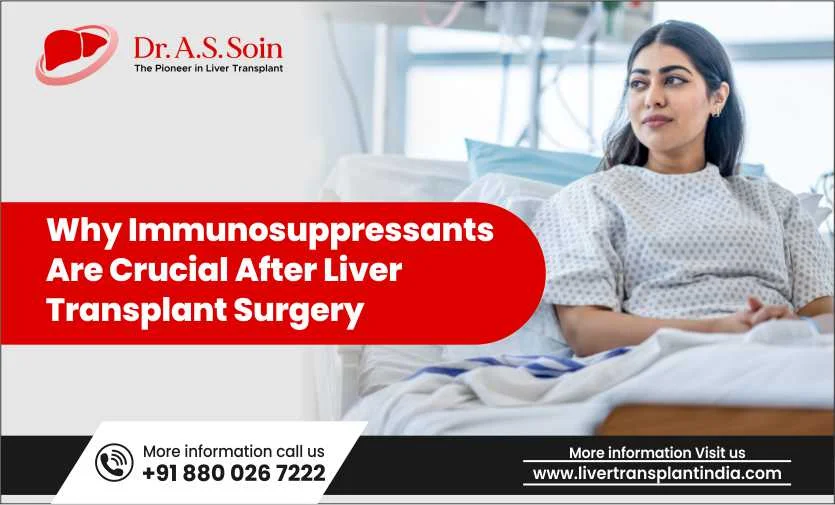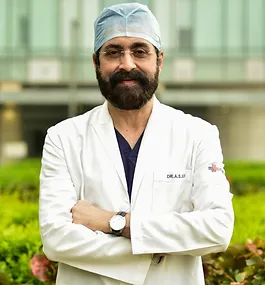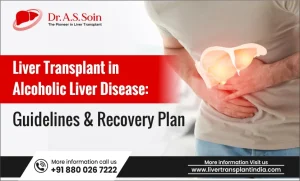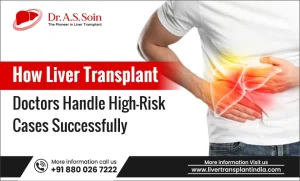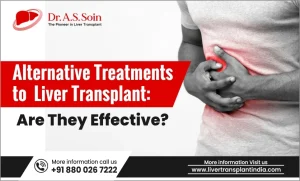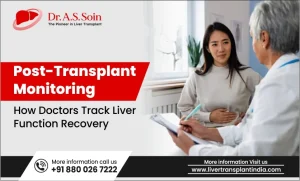Liver transplantation continues to be a life-changing solution for those facing end-stage liver disease. Yet, the path to sustained health after a transplant is paved by lifelong, individualized medical management—at the heart of which lie immunosuppressant medications. These drugs are indispensable, as they prevent the body’s immune system from attacking the new liver and ensure the longevity of the graft.
Table of Contents
ToggleHow the Immune System Responds to a New Liver
The immune system’s intricate network is primed to recognize and destroy foreign invaders. Following a liver transplant, the new organ is seen as foreign, activating immune cells (especially T-cells) that can attack and destroy the transplanted tissue, leading to acute or chronic rejection—even when blood group and compatibility are matched. This intrinsic response necessitates lifelong immunosuppression, tailored to each patient’s unique risk and health profile.
What Are Immunosuppressants & Why Are They Essential?
Immunosuppressants after liver transplant are drugs that modulate the immune response, preventing rejection while maintaining enough defense to combat infections. The goal today is not “total suppression,” but a highly fine-tuned regimen that:
- Prevents both acute and chronic organ rejection by dampening immune activity.
- Enables long-term graft survival, reducing the chance of organ failure.
- Minimizes the risk of needing re-transplantation, which is more complex, riskier, and less frequently successful.
Latest Advances and Types of Liver Transplant Immunosuppressants
Current regimens have evolved to become more personalized, using genetic and immune profiling to adjust therapies for each individual. The main classes include:
| Drug Class | Role & Benefits | Recent Update/Trends |
| Calcineurin Inhibitors (CNIs) | Backbone of regimens; block T-cell activation (e.g., tacrolimus, cyclosporine) | Dose minimization to reduce kidney toxicity, with long-term patients often on monotherapy |
| Antimetabolites | Inhibit immune cell proliferation (e.g., mycophenolate mofetil) | Used for CNI-sparing/minimizing toxicity |
| Corticosteroids | Broad anti-inflammatory effect, critical in early months | Early tapering now standard to reduce metabolic, bone, and cosmetic side effects |
| mTOR Inhibitors | Block cell growth, help in certain cancers/HCC cases (e.g., everolimus) | Used for patients with CNI toxicity or HCC recurrence risk; careful initiation after wound healing |
| Biologics (antibody therapies) | Used in induction or special rejection cases | More selective, sparing broad immune suppression |
Personalized medicine is driving the use of tailored combinations by considering genetic markers, comorbidities, and drug sensitivity.
Why Non-Compliance Is So Dangerous
The most common, preventable cause of graft failure today is missing doses or inconsistent medication use. Rejection can be silent and irreversible, sometimes leading to liver failure and the need for emergency re-transplantation. Ongoing education and support are critical for every patient.
Common Side Effects—And How We Manage Them
Modern practice emphasizes reducing side effects while preserving optimal liver function. Key risks and their management include:
- Infection: Higher risk in the first six months; managed with preventive antimicrobials, hygiene, and early reporting of symptoms.
- Kidney Dysfunction: Especially with CNIs; minimized by adjusting doses and using CNI-sparing regimens.
- High Blood Pressure & Diabetes: Controlled with lifestyle, medications, and gradual steroid weaning.
- Weight Gain & Cosmetic Changes: Managed by encouraging exercise, dietary discipline, and offering psychological support.
- Bone Loss: Calcium/vitamin D supplements, regular scans, and exercise recommended if steroids are needed long-term.
- Increased Cancer Risk: Annual skin checks and regular cancer screening; newer regimens may lower this risk (e.g., mTOR inhibitors with anti-tumor effects).
- Drug Interactions: Certain foods (e.g., grapefruit) and medications can alter immunosuppressant levels—patients need regular review and medication counseling.
Practical Lifestyle & Monitoring Tips for 2025
- Take medications at the same time every day to keep levels stable.
- Avoid grapefruit juice, some herbal supplements, and certain medications as they may alter drug absorption.
- Sun protection: Essential, as skin cancer risk is higher with immunosuppression.
- Carry all transplant records and medications when traveling.
- Regular monitoring: Liver and kidney function, drug levels, blood sugar, blood pressure, and infection or cancer screening are mandatory—especially in the first year post-transplant, but required lifelong.
The Future: Safer, More Precise Therapies Ahead
Ongoing research is focused on:
- Immune tolerance protocols: Aiming for some patients to eventually reduce or even stop immunosuppressants without risking rejection.
- Biomarker-guided therapy: Developing lab tests to adjust dosages and drugs to avoid over- or under-suppression.
- Targeted biologics and cell-based therapies: These hold promise for more selective, less toxic immune modulation.
For now, adherence to immunosuppressive therapy remains the most important pillar of long-term success.
Living Well After Liver Transplantation
Patients who consistently follow their regimen can look forward to excellent quality of life—including fully resuming work, family, travel, and most hobbies, including sports. With advances in transplant science, many recipients thrive for decades after their operation. The single most important ingredient is disciplined medication adherence and close coordination with the transplant team.
At top transplant centers (Dr AS Soin)—including those led by experienced teams in India—patients benefit from the latest protocols and years of expertise in personalizing immunosuppression, ensuring the best survival and quality-of-life outcomes in the world.

